Our live coverage of the war in Ukraine has moved here.
February 24, 2024 - Russia-Ukraine news
By Chris Lau, Andrew Raine, Sophie Tanno and Adrienne Vogt, CNN
Early voting in Russian presidential election commences in remote regions
From CNN's Josh Pennington
Early voting has begun in some areas of Russia ahead of the upcoming presidential election, according to state news agency TASS.
"Early voting in hard-to-reach and remote areas for the Russian presidential elections began in the regions of the Far Eastern Federal District," TASS reported, citing regional election commissions.
Approximately 70,000 people will be able to vote early in the district, according to TASS.
The early voting begins just after the second anniversary of Russia's full-scale invasion of Ukraine and amid controversy surrounding the death of Vladimir Putin's long-time opponent Alexey Navalny, who had been incarcerated since returning to Russia in 2021.
Voting in the presidential election is scheduled to take place from March 15 to 17. It will be the first three-day presidential election in the history of the Russian Federation, according to TASS.
"This is a difficult freedom": Ukrainian soldier has survived injuries and being held as prisoner of war
From CNN's Nick Paton Walsh, Anna-Maja Rappard, Kosta Gak and Brice Laine
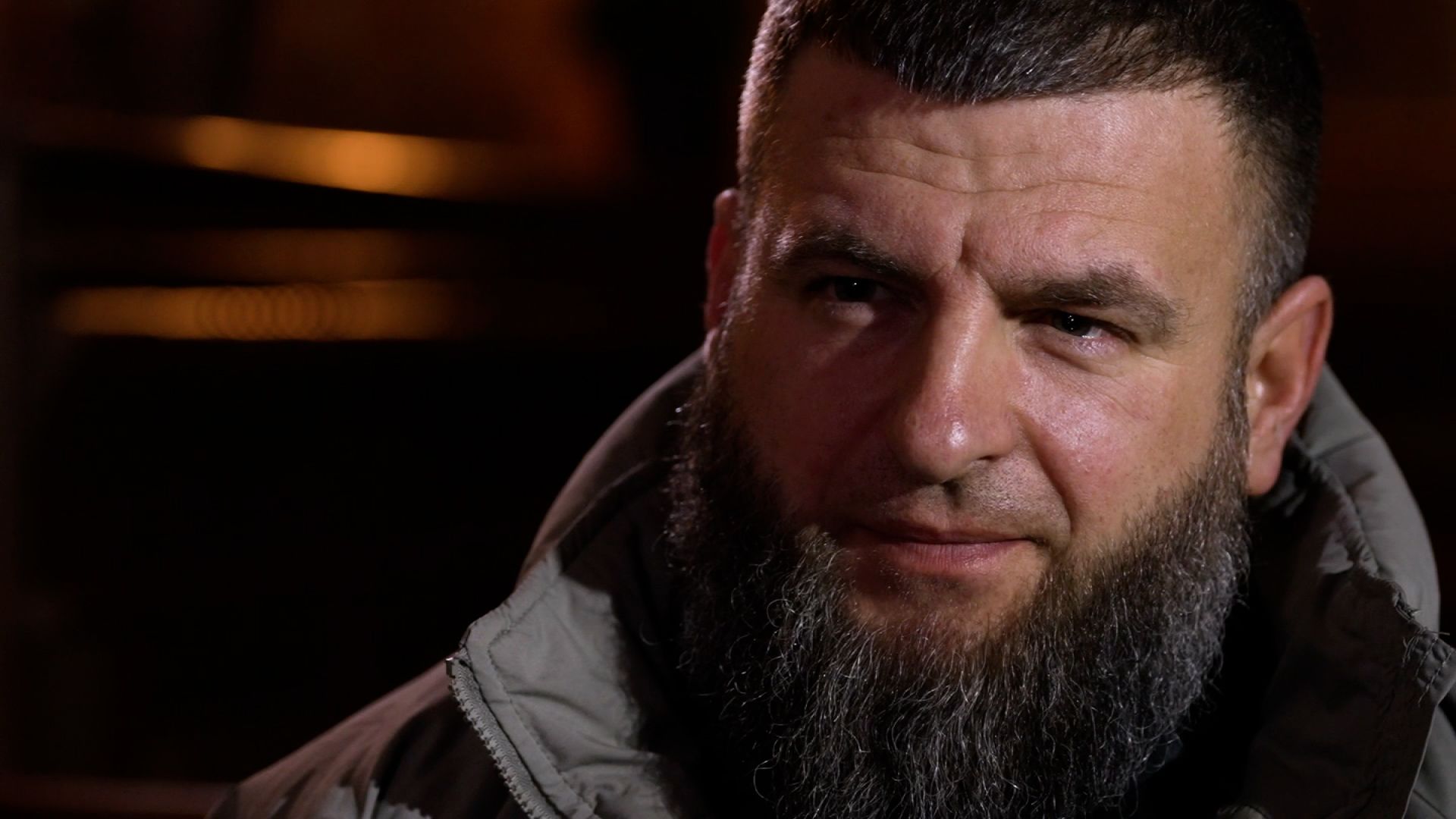
Oleksandr's prosthetic eye twinkles, damaged from the siege of the Azovstal steel plant in Mariupol, one of the more savage battles of the invasion’s first three months. The 38-year-old exudes gratitude in each breath, having survived the threat of hanging or firing squad while held as a prisoner of war by Russia for more than four months in 2022.
His control over his emotions has tightened after last summer’s bitter counteroffensive, where he fought in Urozhaine, in the south. And now, he’s talking to CNN in Kherson city during a brief break from the battle across the river – where Ukraine seized a foothold after a madcap amphibious dash by Ukrainian forces last summer, which Russia claimed Tuesday it had ended.
He is fond of punctuating his story with the phrases, “I am no politician” and “it is in our hands” — perhaps a reflection of how the Western aid that kept Ukraine in the fight for the last two years now partially looks in doubt.
“Of course, the situation at the front is related to the supply of ammunition and related to personnel,” he said. The Russians are “well zombified … (they) win in number. … They take land with numbers and drive them forward. We take it with intelligence and tactics. People … just get tired and that’s it. It will be difficult, but we will try.”
"This is a difficult freedom, I don’t argue,” he said, as shelling reverberated around the liberated yet bombarded city. “But I don’t want to lose it.”
“I don’t want to bend over for some senile idiot,” he said of Russian President Vladimir Putin.
Read about how Oleksandr and Ukraine as a whole have survived during the war.
Analysis: How the war in Ukraine has cost Russia dearly
Analysis from CNN's Matthew Chance
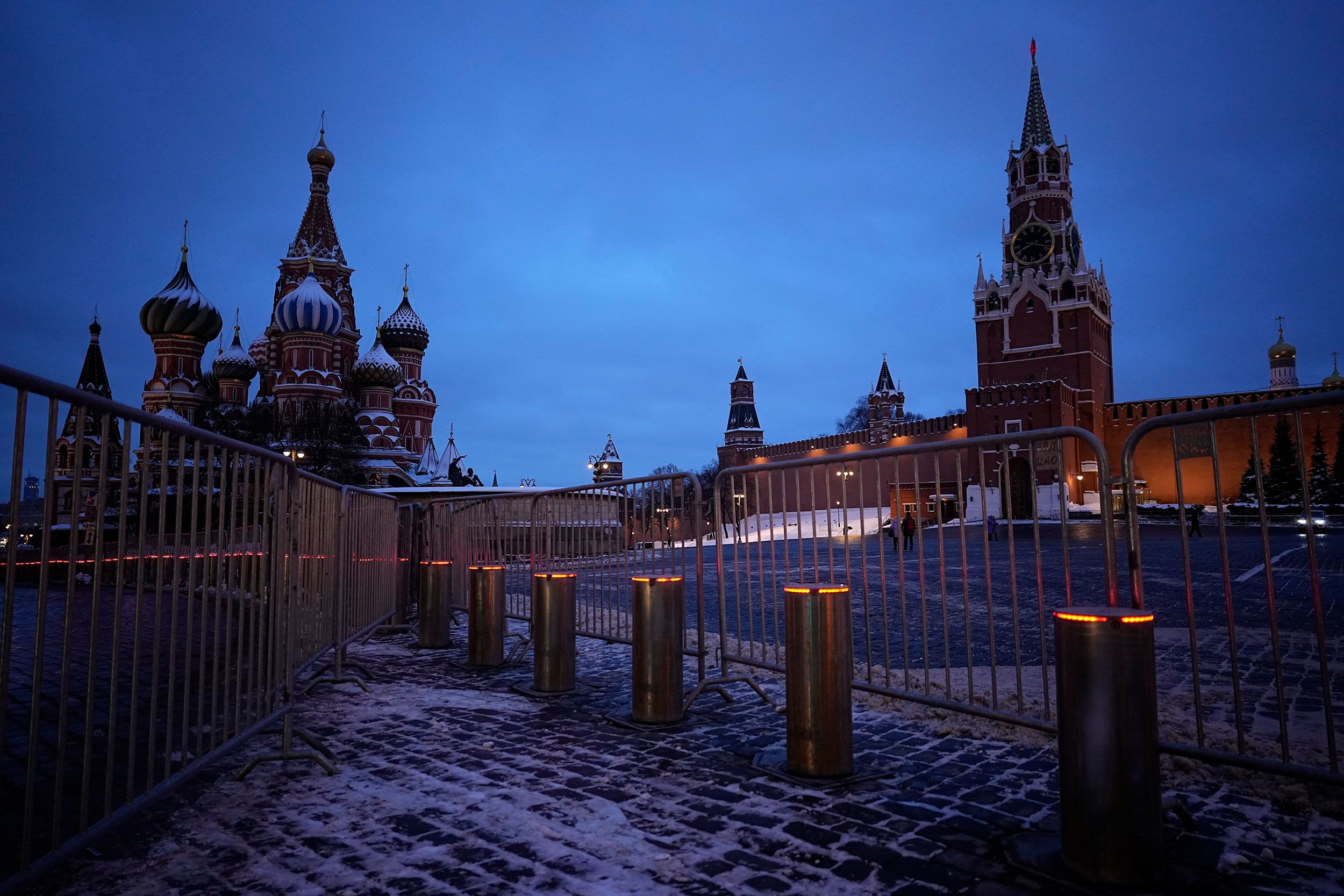
Two years ago, when Russia launched its full-scale invasion of Ukraine, I was among the many longtime observers of the Kremlin who got it wrong.
Few could fathom why President Vladimir Putin, Russia’s calculating leader, would embark on such a risky military adventure, especially when the mere threat of a Russian invasion was already yielding results.
There were others, though, who rightly saw the invasion as inevitable, better reading the Kremlin’s intentions and confidently predicting a swift Russian victory at the hands of Moscow’s vastly superior forces.
Two years on, I like to think that those of us who doubted the Kremlin’s resolve were wrong for the right reasons.
What Moscow still euphemistically calls a "special military operation" has been a bloodbath of catastrophic proportions, unseen in Europe for generations. Even conservative estimates put the number of dead and injured at hundreds of thousands of people on each side. Small gains, such as the recent capture of the town of Avdiivka, have come at enormous cost.
Russia’s once revered military has shown itself painfully unprepared and vulnerable to modern weapons in the hands of a determined Ukrainian resistance. Even if the war ends tomorrow, it is likely to take many years for its strength and numbers to recover.
And the past two years of brutal war have twisted and distorted Russia internally too.
Read more of Chance's view from Moscow.
Dnipro hospital treats gravely injured soldiers from eastern front
In the past two years, about 28,000 frontline soldiers have been brought to Mechnikov Hospital in the Ukrainian city of Dnipro, hospital director Serhiy Ryzhenko tells CNN's Christiane Amanpour.
Now, 50 to 100 patients from around the town of Avdiivka in the eastern Donetsk region arrive every day in "very serious" condition, according to Ryzhenko. Last week, Ukraine announced the withdrawal of its forces from Avdiivka, which in recent months became one of the most fiercely contested battles on the eastern front.
There is a 95% survival rate in the hospital's operating rooms — which conduct surgeries nonstop — as years of war in eastern Ukraine has led to improved combat surgery techniques, Ryzhenko added.
A wounded army sergeant, Vasily, recently had surgery that left him without three of his limbs.
He says there are not enough troops or ammunition on the ground, but resolve is still strong.
"We're on our own lands," he says. "We fight to the last and do not give up. If they get past us, our families will be next. We have no right to lose."
He says despite his lost limbs, he is eager to get back to the eastern front, to possibly be a trainer for others.
Watch Amanpour's report from Dnipro:
Ukrainian commanders say they face tough choices on how to use dwindling stockpiles of ammunition
CNN's Ivana Kottasova, Olga Voitovych and Crendon Greenway
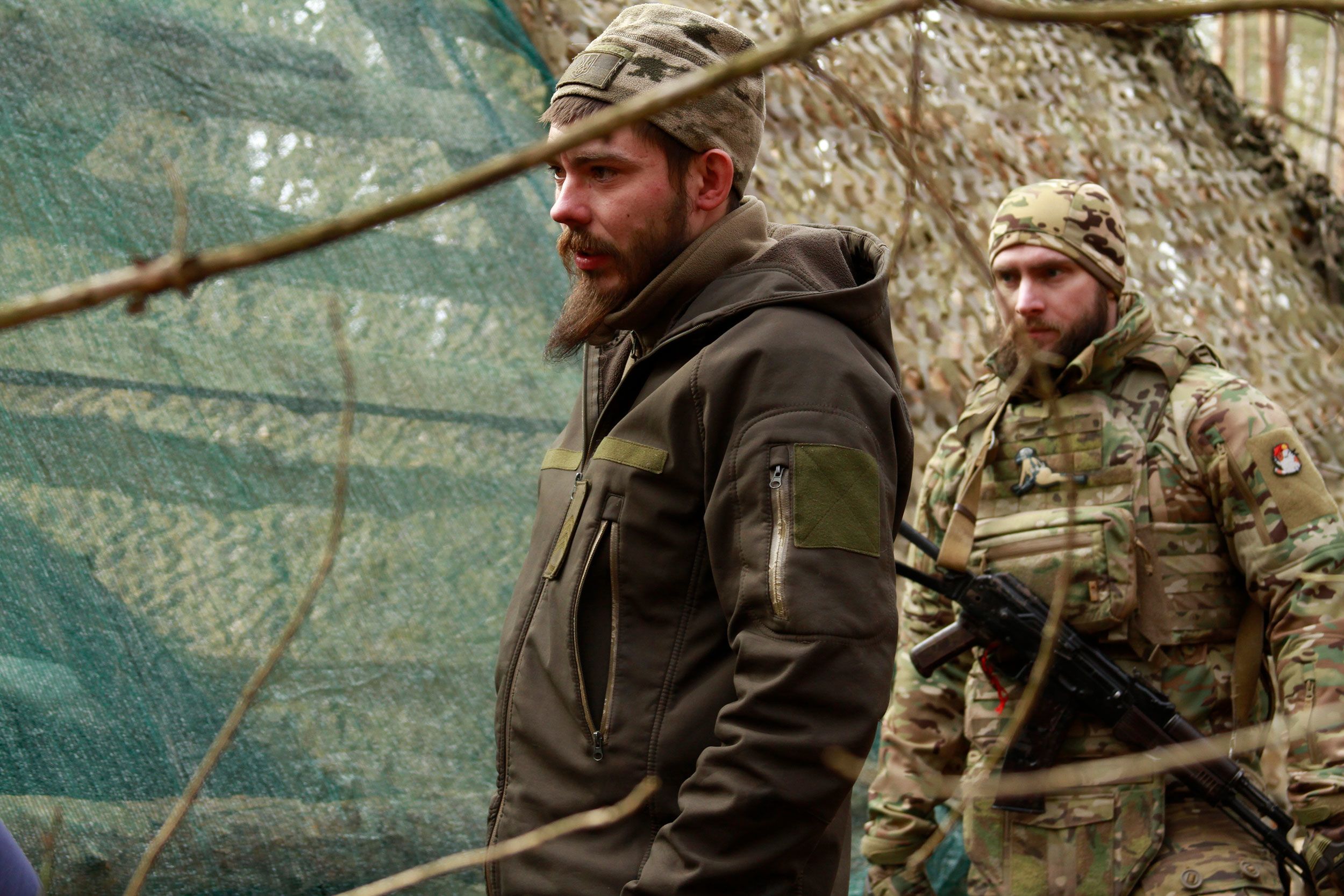
Artem spends a lot of time thinking about the shots he can’t afford to take.
As a battery commander in the 26th Artillery Brigade of the Ukrainian military, he decides when his gunners fire and when they need to hold off.
Lately, it’s been a lot more of the latter.
It’s a horrible feeling, Artem told CNN sitting at a makeshift desk in a narrow dugout just a few miles from the front line in eastern Ukraine. He sees what is happening on the battlefield on the screens in front of him and often receives requests for support directly from infantry units there.
“Last summer, we used 100 shells per day. The enemy infantry did not even think about moving here. They had no plans to advance because they knew that every unit that was here would use everything they had to repel their attack,” the 24-year-old, whose call sign is “Shaman,” said. He asked for his last name to not be published, for safety reasons.
These days, his men are forced to make do with a fraction of the amount of ammunition they used to have. That means they can only strike top priority targets, a limitation that is allowing Russian troops to slip through.
It’s a scenario that’s playing out up and down the front lines in Ukraine. As the United States Congress stalls on US President Joe Biden’s request for an additional $60 billion in security assistance for Kyiv, Ukrainian commanders are facing tough choices on how to use the dwindling stockpiles of ammunition.
Keep reading about Ukraine's ammunition issues as the war enters its third year.
Nearly 50 detained across Russia in protests, rights group says
From CNN's Josh Pennington and Michael Rios
At least 49 people have been detained in demonstrations across Russia, the Russian human rights group OVD-Info reported Saturday.
Rallies have been held nationwide today — both protesting the war in Ukraine on its second anniversary, and commemorating the life of Alexey Navalny, the Kremlin critic who died earlier this month in a Russian penal colony.
Thirty-eight people have been detained at rallies honoring Navalny, and six have been apprehended at anti-war protests, OVD-Info said. Moscow has so far recorded 13 detentions, the most of any city, the group said.
At least nine people have had their phones confiscated, eight have been released with a criminal record, and five people were held overnight, the group added.
As Ukraine marks 2 years of war, here's the latest on the death of staunch Kremlin critic Alexey Navalny
From CNN's Catherine Nicholls
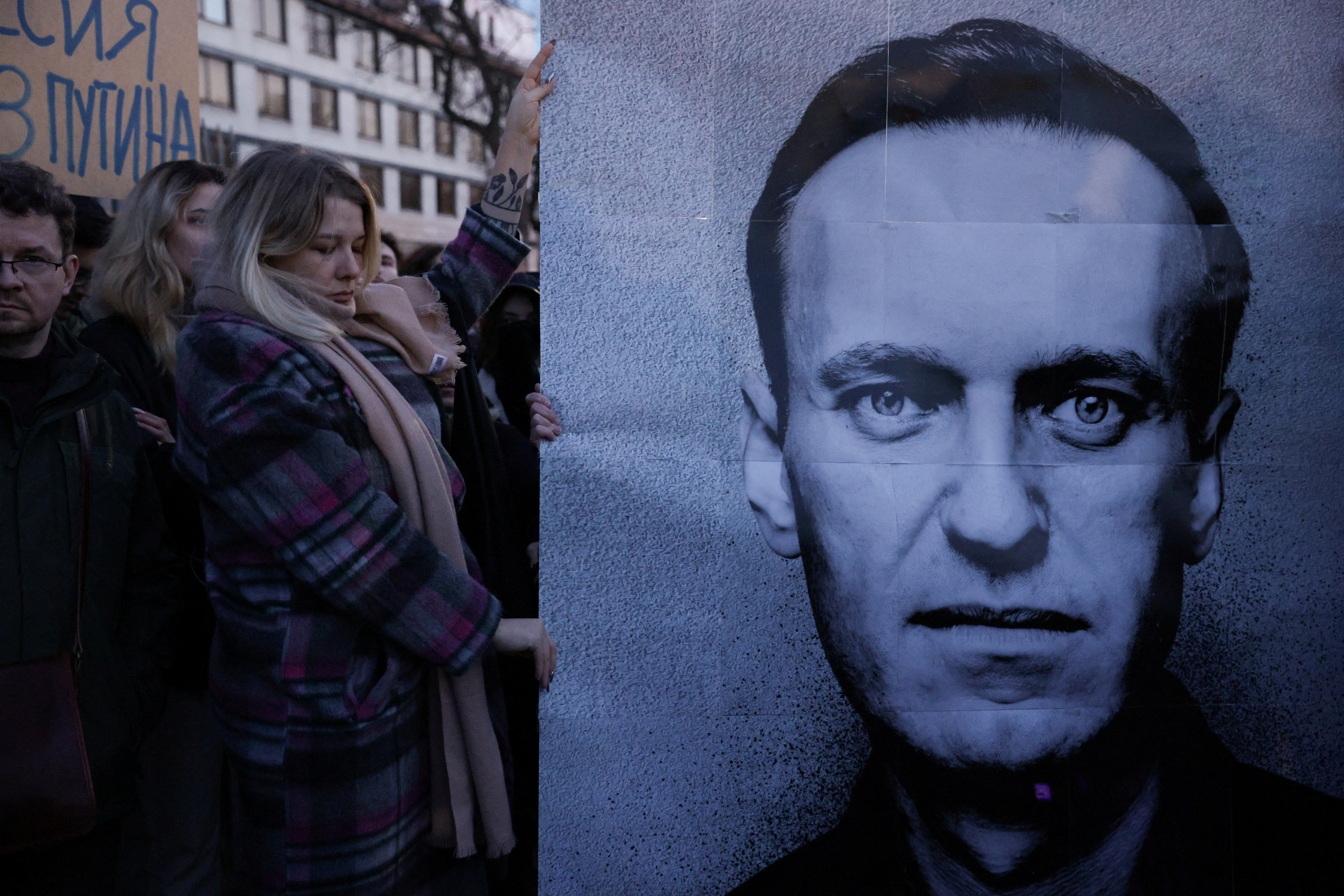
The body of Russian opposition figure Alexey Navalny has been given to his mother more than a week after he died, Navalny’s spokesperson Kira Yarmysh said Saturday.
“Many thanks to all those who demanded this with us,” Yarmysh posted to X, formerly Twitter.
Yarmysh added that Navalny’s mother, Lyudmila Navalnaya, is still in Salekhard, the Arctic town where her son’s body was being held. Funeral plans have not yet been made, Yarmysh said.
“We do not know if the authorities will interfere to carry it out as the family wants and as Alexey deserves. We will inform you as soon as there is news,” she added.
Some background: Navalny died on February 16 behind bars in a nearby penal colony. The Russian prison service said he “felt unwell after a walk” and “almost immediately” lost consciousness. Navalny’s family and colleagues have blamed Russian President Vladimir Putin for the opposition figure's death.
Navalny’s widow, Yulia Navalnaya, accused Putin of ordering the body held in order to hide Navalny’s cause of death, and out of fear that his funeral would draw large crowds. The Kremlin has denied the allegations.
Navalny’s family had for several days pleaded for Russian authorities to release his body. Yarmysh said Friday that Navalnaya was given an ultimatum to agree to a secret funeral or see her son buried in the Arctic penal colony where he died.
Navalny had opposed Russia's full-scale invasion of Ukraine from prison.
Zelensky says Ukraine counts on G7 support to sustain and continue success in war
From CNN's Hande Atay Alam
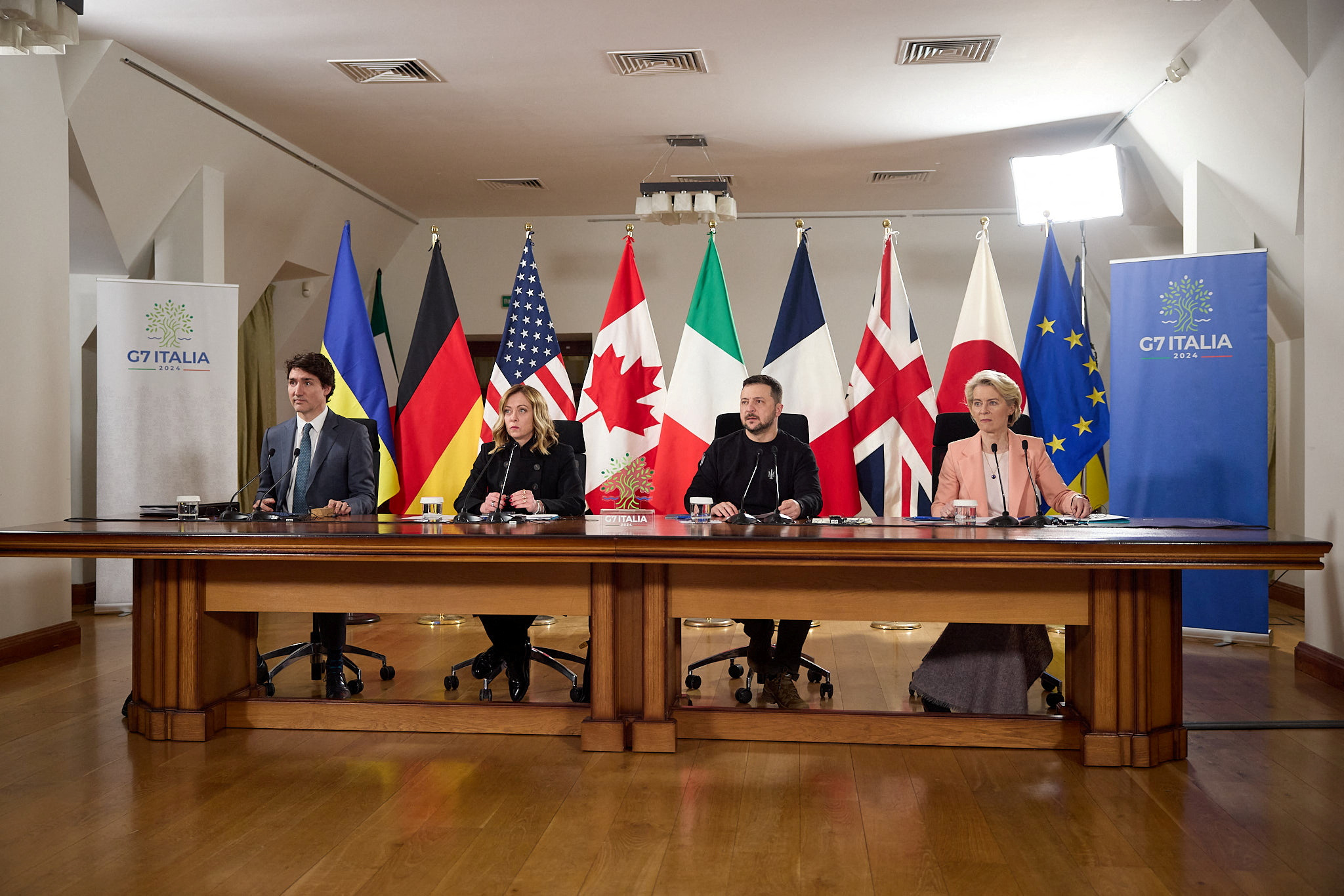
President Volodymyr Zelensky said Ukraine counts on G7 countries' continued support during a speech on the second anniversary of Russia's full-scale invasion of Ukraine.
Zelensky thanked G7 countries for their leadership via video conference on Saturday, saying:
"You know very well all we need to keep our sky protected, to strengthen our military on land. And you know all we need to sustain and continue our success in the sea. And you know perfectly well that we need all this in time, and we count on you."
Zelensky spoke alongside Canadian Prime Minister Justin Trudeau, Italian Prime Minister Giorgia Meloni, and European Commission President Ursula von der Leyen in the Ukrainian capital of Kyiv.
Zelensky also said victory over Russia would mean the entire global community of nations and international law would prevail. "Please remember that imperial ambitions and revanchism can be defeated only together with those infected by them and this is what opens the space for true security and the development of democracy," he said.
G7 statement: The leaders of the G7 said they remained committed to supporting Ukraine for “as long as it takes” following the call. The statement, released by the White House, comes as continued funding from the US remains in question.
The leaders also called out Russian President Vladimir Putin for “forcing his own people to pay a heavy price for his government’s reckless actions.”
CNN’s Samantha Waldenberg contributed reporting to this post.